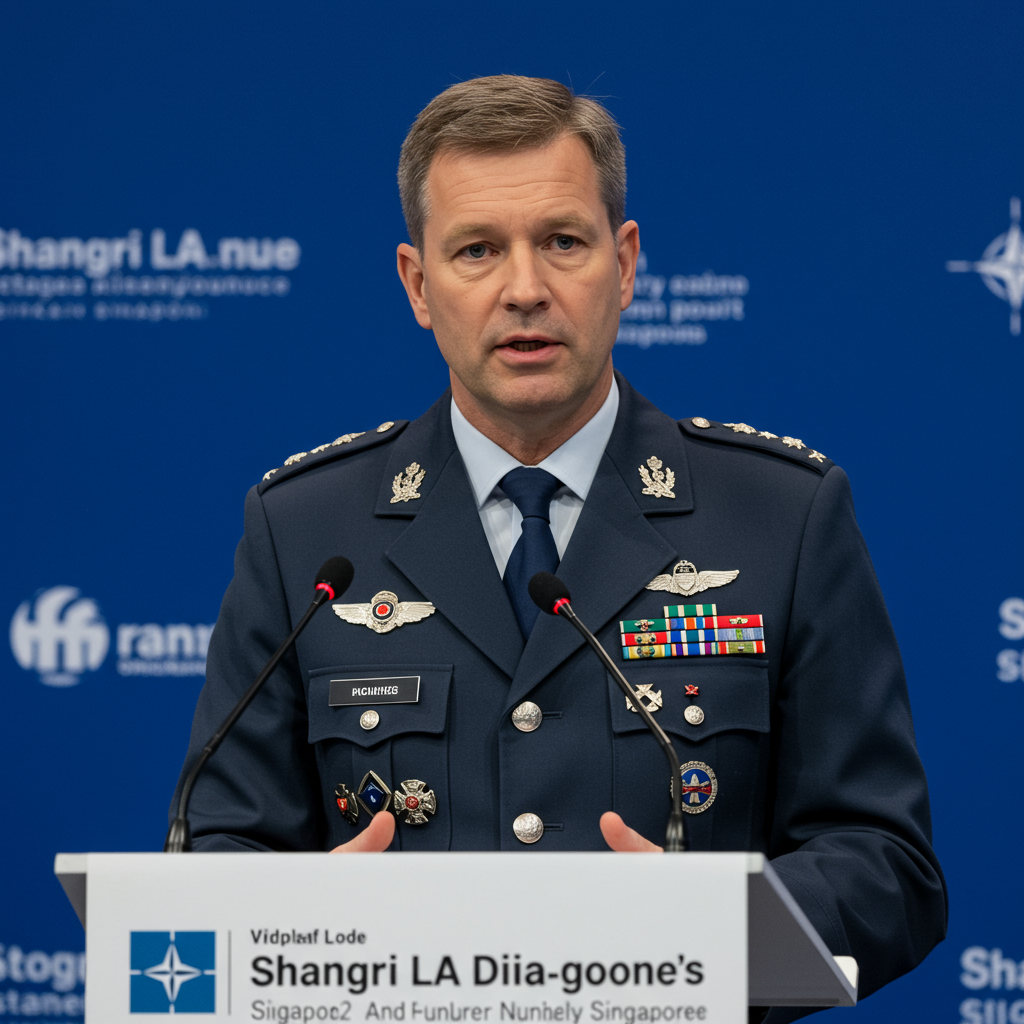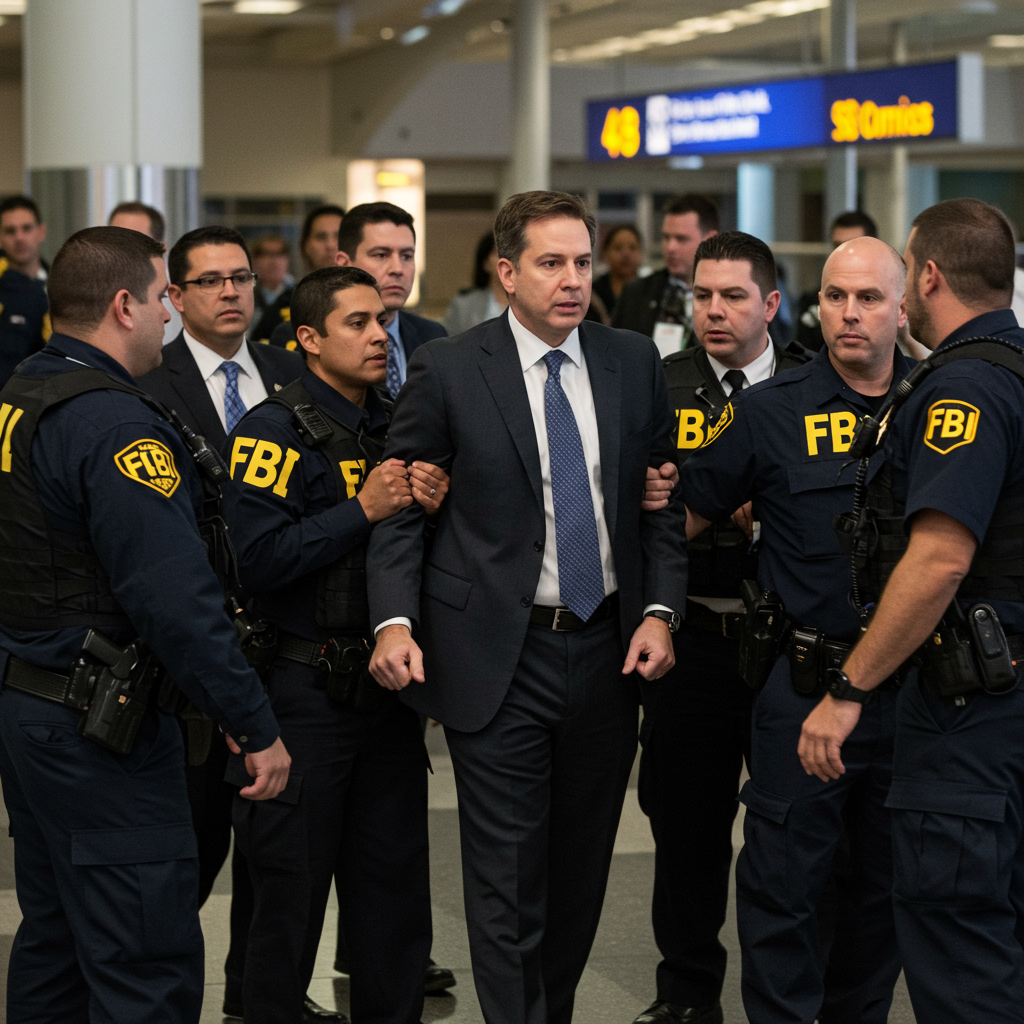Senior defense officials across Europe are issuing stark warnings: Russia could potentially attack NATO member states within the next four to eight years, or even sooner. This alarming assessment, initially highlighted by Germany’s Chief of Defence, General Carsten Breuer, speaking at the Shangri-la Dialogue summit in Singapore, is being echoed by other leading figures, underscoring a growing consensus on the urgent threat posed by Moscow.
General Breuer, drawing on 40 years of military service, described the current situation as the “very serious threat” he has ever witnessed. His warning suggests NATO members must be ready for a potential attack on Baltic states by 2029, if not before.
Russia’s Growing Military Machine
The basis for these concerns lies in Russia’s significant and rapid military buildup. Officials cite massive production rates, including approximately 1,500 new main battle tanks and four million rounds of 152mm artillery ammunition produced in 2024 alone. Crucially, not all of this output is being directed to the front lines in Ukraine. A substantial portion is reportedly going into military stocks and forming new units deliberately positioned “facing the West.”
Analysts assessing this buildup believe it indicates a clear “intent” to build stocks for a potential future attack on NATO, particularly targeting vulnerable Baltic state members. Gen Breuer emphasized the need to be ready by 2029, but cautioned that an earlier timeline cannot be ruled out, stating, “we must be able to fight tonight.”
Wider Warnings Across the Alliance
The German Defence Chief’s warning is not an isolated one. Other German officials, including Defence Minister Boris Pistorius and the heads of Germany’s intelligence services (BND, BfV, and MAD), have voiced similar alarms. Speaking at a Bundestag hearing, German intelligence chiefs warned Russia could launch an attack against NATO by the end of the decade, asserting that Germany and its allies are already in “direct conflict with Russia.” They noted a disturbing increase in aggressive actions, including espionage and sabotage by Russian intelligence services.
Concerns also resonate deeply in Eastern Europe and the Nordic countries. Sweden’s Civil Defense Minister and Military Commander-in-Chief have urged their citizens to mentally prepare for the possibility of war, calling Russia’s actions in Ukraine “just a step, not an end game.” Poland’s national security agency has reportedly warned of a potential Russian attack on NATO within less than three years, while Defence Minister Pistorius has suggested a broader timeframe of five to eight years for such a possibility.
This chorus of warnings from diverse sources across the alliance highlights a shared perception of a rapidly deteriorating security environment and a perceived shift in Russia’s posture towards the West.
Testing Defences: Espionage, Cyber, and Sabotage
According to these officials, Russia views its conflict with the West, including the war in Ukraine, as a continuous struggle within a larger confrontation with NATO. They believe Russia is actively “testing” NATO’s defense lines through various means. Examples cited include:
Attacks on undersea cables in the Baltic Sea.
Cyberattacks targeting European public transport systems and other critical infrastructure.
Unidentified drones observed over military installations and power stations in Germany.
Increased espionage and sabotage activities highlighted by German intelligence.
These actions suggest a deliberate strategy by Moscow to probe and disrupt Western capabilities short of overt military invasion.
NATO Ramps Up Readiness
In response to these heightened tensions and warnings, NATO members are increasing preparedness. Germany is undergoing a significant shift in attitude towards defense, reversing decades of scaled-down military investment with growing political consensus, even from traditionally dovish parties. Sweden, too, is dramatically increasing its defense budget towards NATO’s 2% GDP target and has signed a defense cooperation agreement with the U.S.
Despite occasional differing opinions among members like Hungary and Slovakia regarding relations with Moscow, officials like Gen Breuer insist NATO remains unified on the core threat assessment. The decisions by Finland and Sweden to join the alliance following the Ukraine invasion are seen as powerful evidence of this cohesion and a shared understanding of the urgency.
NATO is backing these warnings with concrete action, preparing for its largest military exercise in decades. “Steadfast Defender 24” will involve approximately 90,000 personnel simulating a conflict with a “near-peer adversary” (understood to be Russia) across thousands of kilometers over several months. Admiral Rob Bauer, chairman of the NATO military committee, has urged not only military forces but also citizens and the industrial base to prepare for potential conflict, stating that peace cannot be taken for granted.
Challenges and Russian Denial
While the ambition to ramp up defenses is clear, challenges remain. European military-industrial production bases require years to scale up to match Russia’s current output. Furthermore, the United States has increasingly focused its strategic attention and resources on the Indo-Pacific region.
The Kremlin vehemently denies posing a military threat to NATO. Dmitry Peskov, the Kremlin spokesperson, has refuted such warnings, stating that Russia has “never moved military infrastructure” towards NATO countries and dismissing claims of danger as “absolutely wrong, illogical.”
Nevertheless, the warnings from senior military and intelligence figures across multiple NATO nations signal a profound shift in the perception of the Russian threat, demanding urgent preparedness and investment in collective defense capabilities.
References
- https://www.bbc.com/news/articles/c62v63gl8rvo
- https://www.bbc.co.uk/news/articles/c62v63gl8rvo
- https://www.euronews.com/my-europe/2024/10/15/russia-could-attack-nato-by-end-of-decade-german-intelligence-chief-warns
- https://globalaffairs.org/commentary-and-analysis/blogs/sweden-tells-citizens-prepare-war-russian-aggression-nato-membership
- https://news.sky.com/story/russia-could-attack-nato-within-five-years-german-defence-minister-warns-13051620




